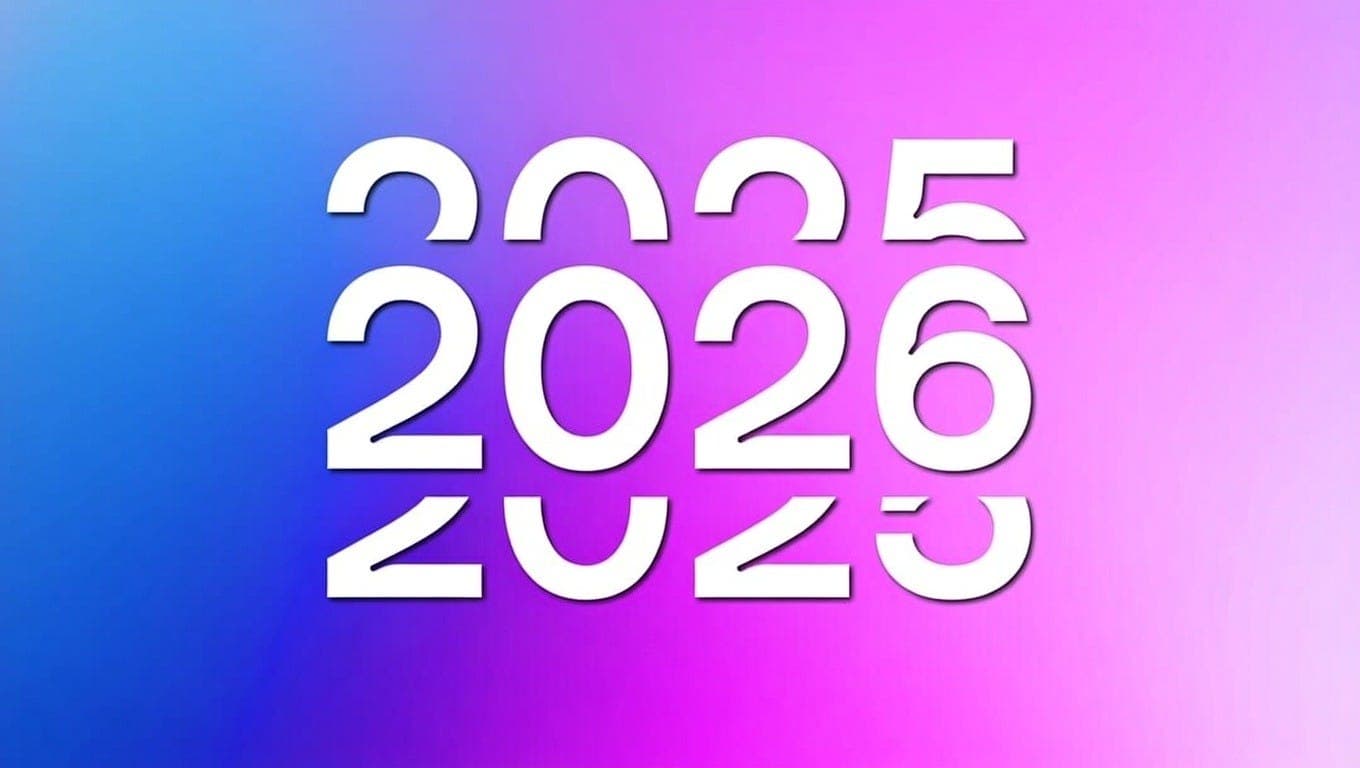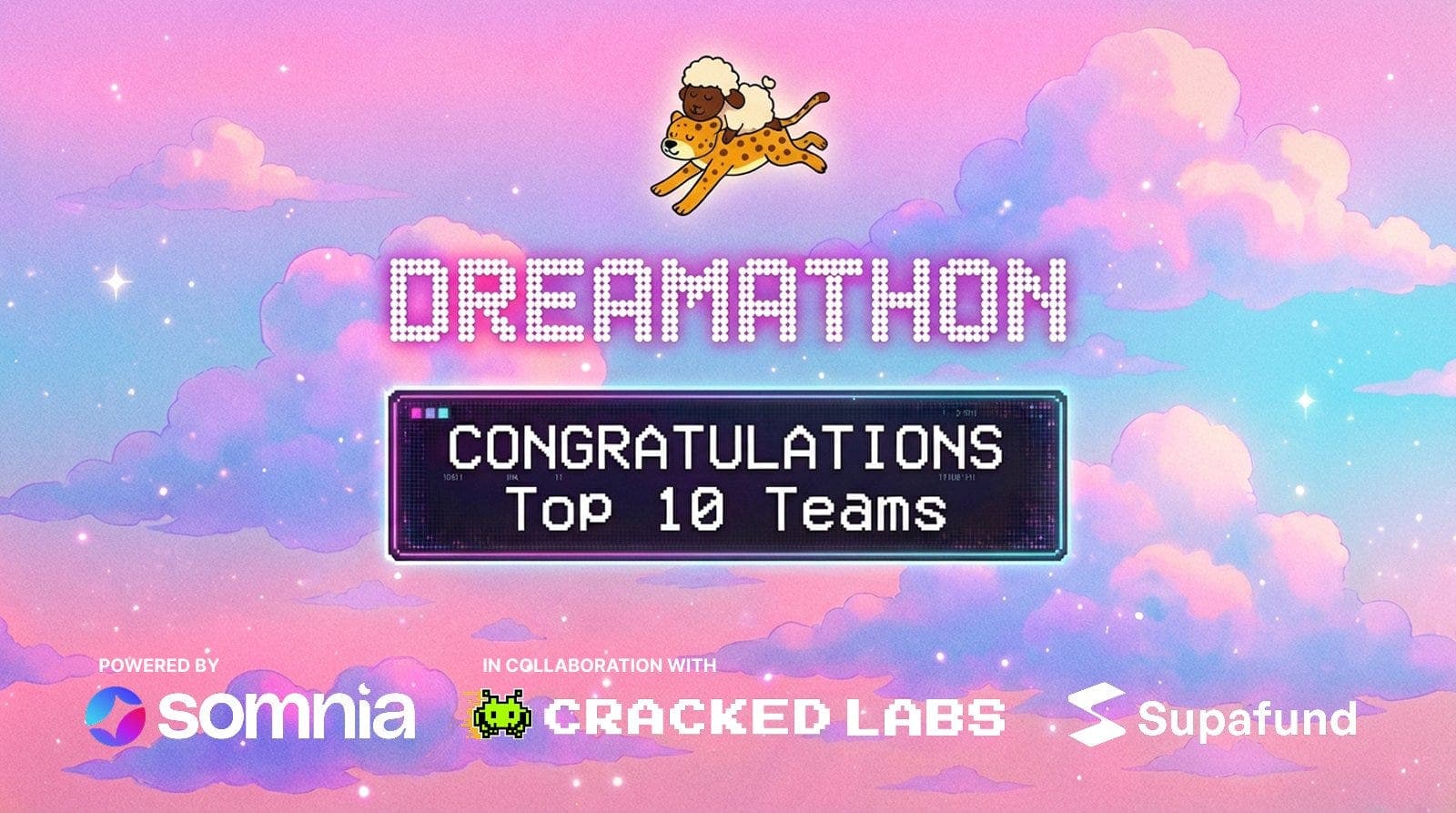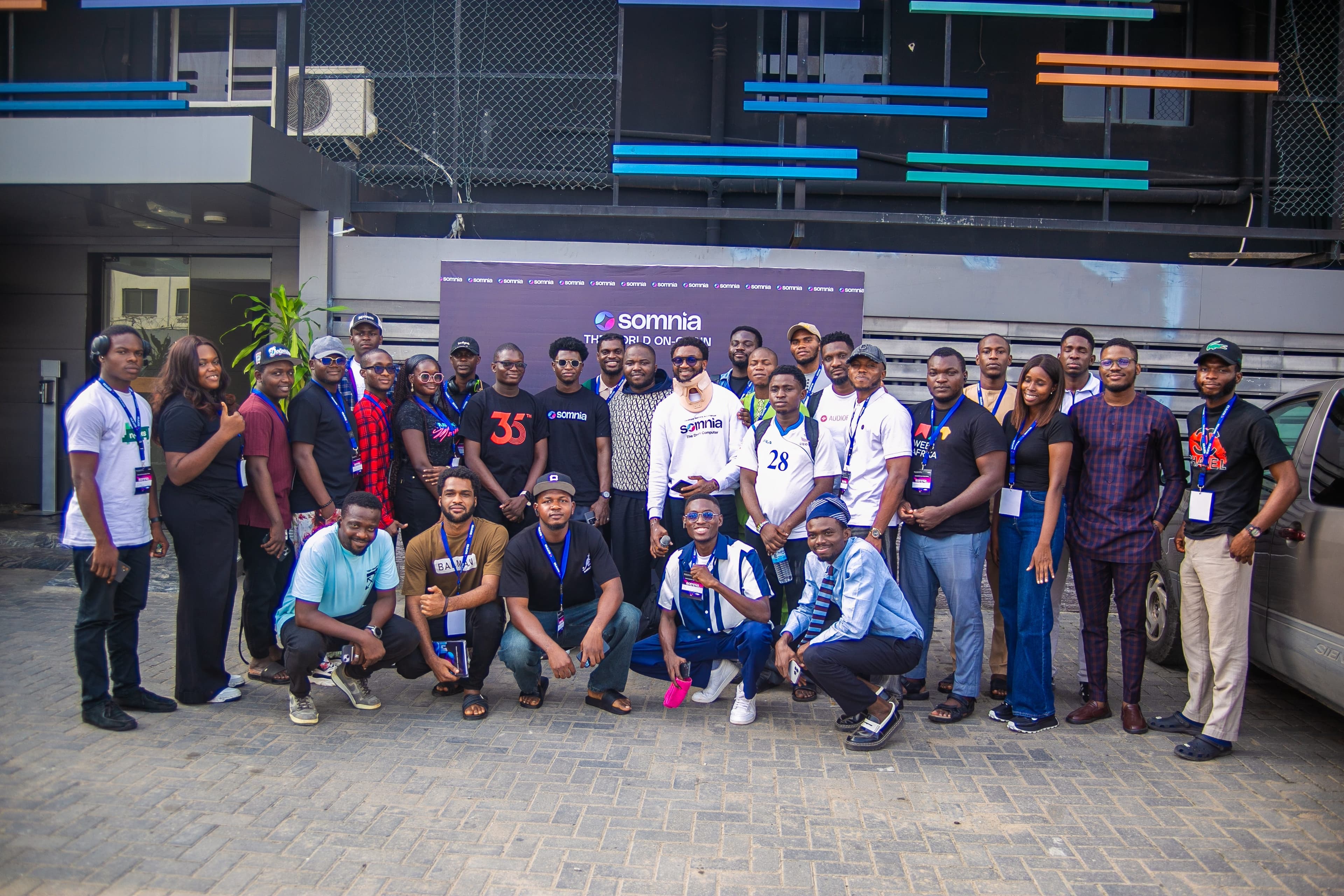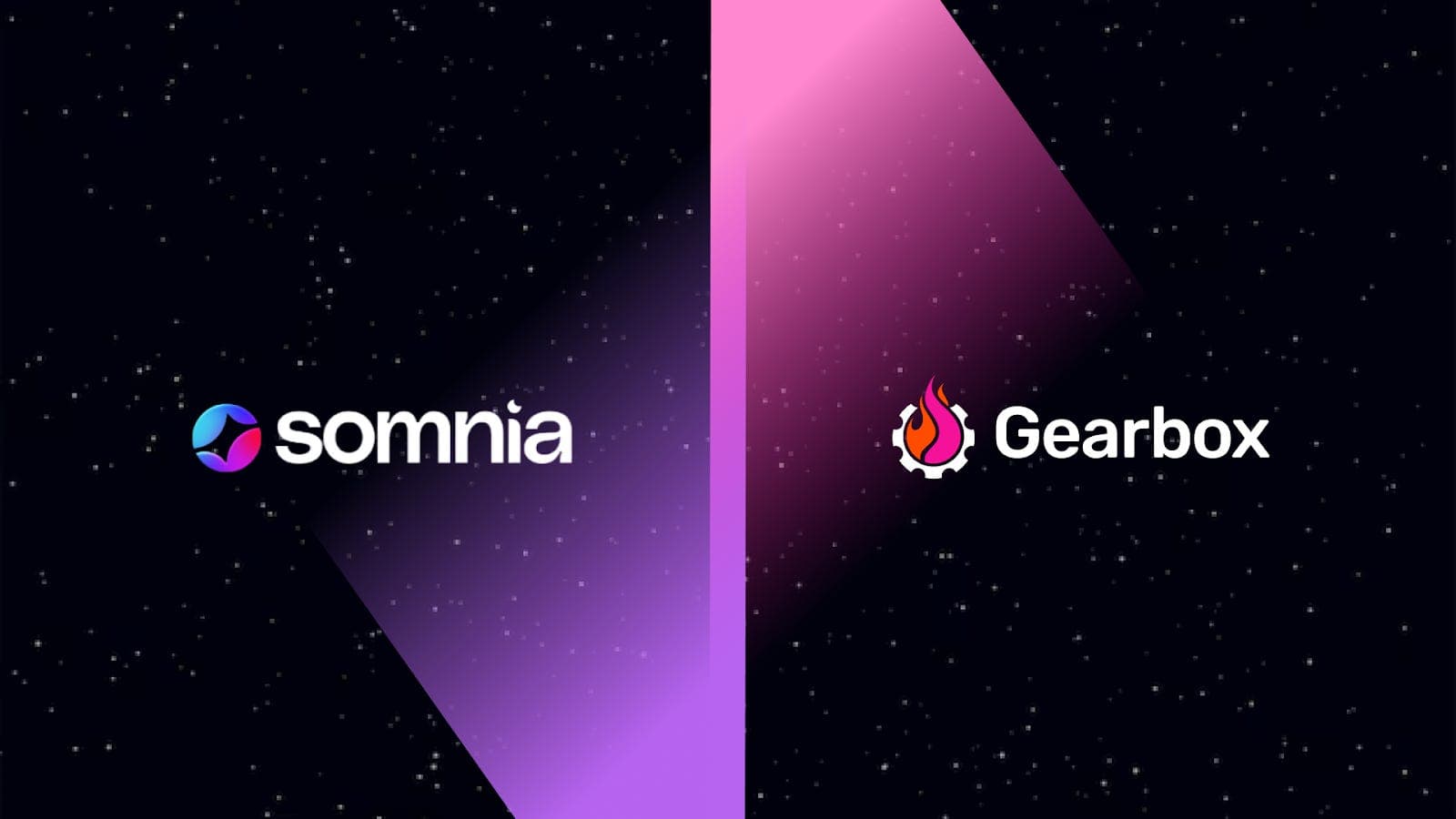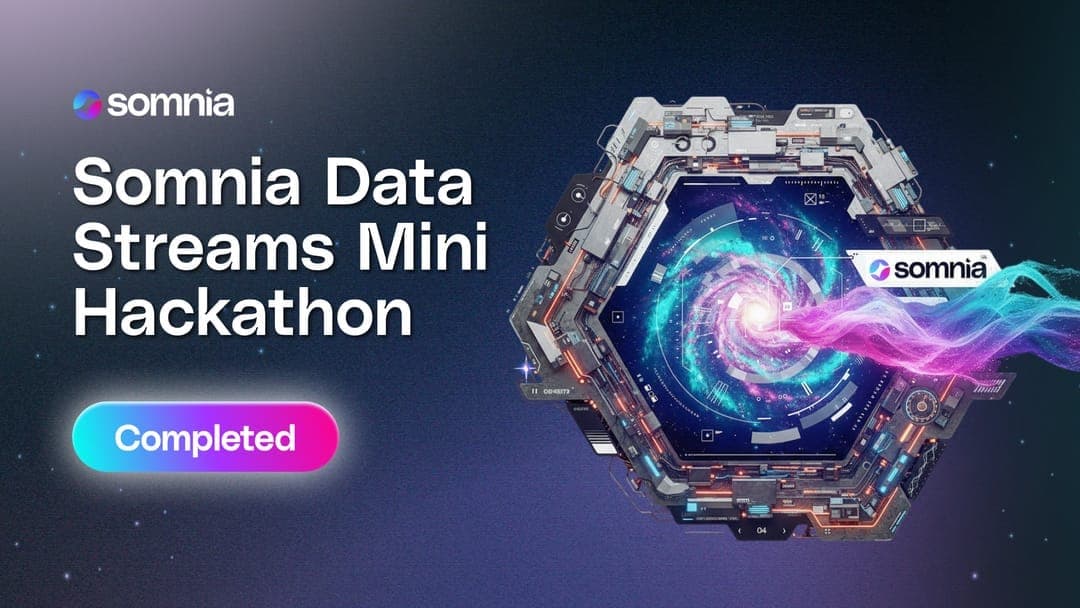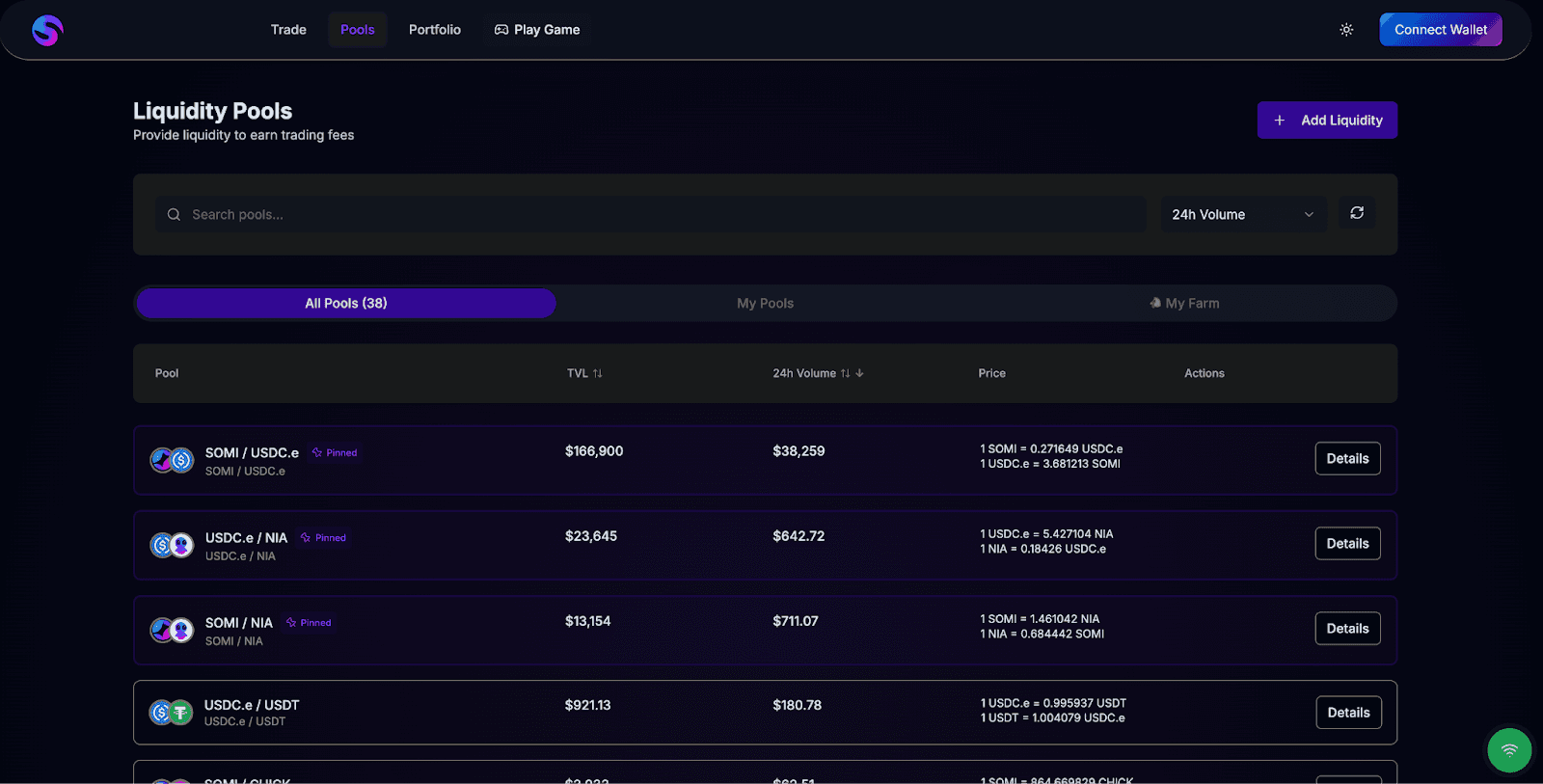1m TPS
Somnia's multi-stream consensus and custom high performance database technology enables the highest throughput lowest latency EVM compatible chain.
EVM Compatible
Somnia takes EVM bytecode and compiles it to increase execution speed whilst maintaining compabitility with existing EVM ecosystem tooling.
Ultra-low-cost
Somnia's IceDB database allows for more predictable gas pricing, delivering sub-cent transaction fees and enabling more logic to run on-chain.
A reactive blockchain
Somnia's chain design and Solidity extensions, allows developers to react to data changes and events entirely on-chain. The foundation for new real-time reactive on-chain apps.
Real-time prediction markets that react to verifiable on-chain events in real-time
Real-time consumer targeting based on on-chain interactions and dApp usage
Fully onchain games with more complex logic that are easier and faster to develop
Mass Consumer and Real-Time Applications
Somnia's performance and cost enable a new class of decentralized applications that can now have all their data and logic on-chain

SocialFI
Moving all the data and logic of social networks on-chain. Enabling user sovereignty, greater composability and transparency of social algorithms.
On-chain games
Moving all logic and data on-chain. Enabling user ownership and composable games that can be built faster and last forever.
Metaverses fully on-chain
Enabling full economies with mass UGC items and experience to be created on-chain. Fully own your experience and your economy.









